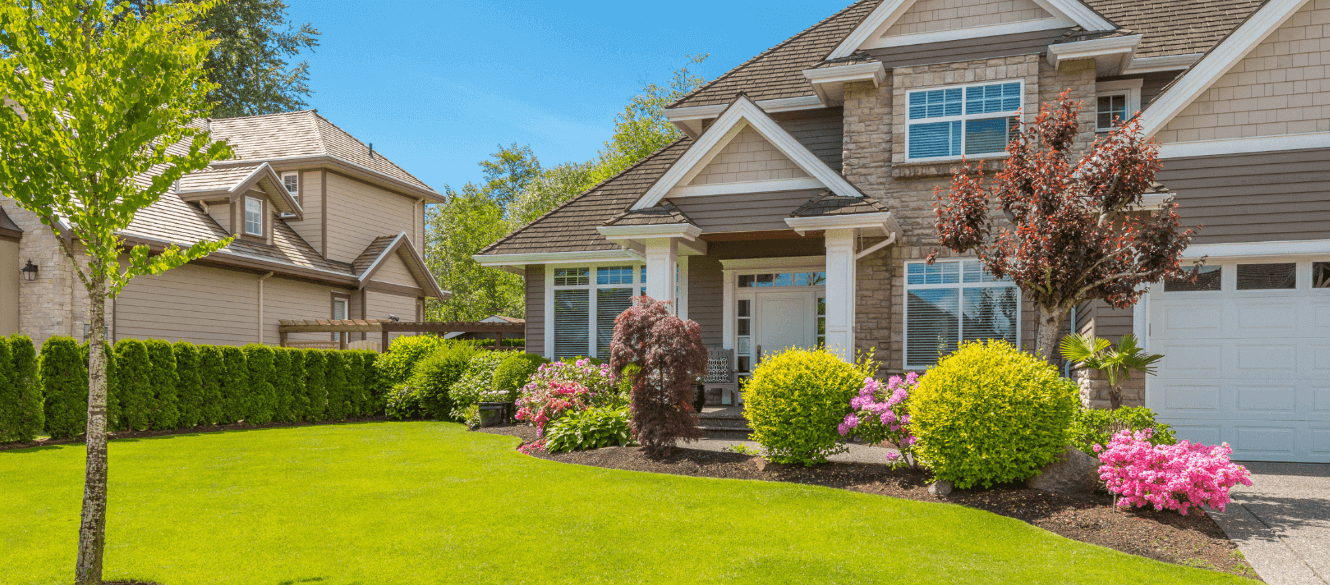Gardens and landscapes are important because they improve our well-being and quality of life. Landscape gardening is not only intended to beautify places, but it is also functional and important.
Landscaping gardening is the practice of imagining a new development area and then shaping it with natural elements like plants, trees, shrubs, organic compost, landform, and water to create a pleasing harmony. The environment we live in has a significant impact on our quality of life.
The focal point of any residential or commercial complex has always been the landscape. Proper landscaping design not only enhances the appearance of the property but also provides long-term investment returns. The benefits are as follows:
1. Preserve Nature –
Wooden decking, cement, and concrete flooring abound in urban architecture. People have begun to recognize the value of plants and trees in their lives. Landscaping provides solutions to a variety of environmental issues while also protecting natural resources and ecology.
2. Reduced Heat –
Plants can keep their surroundings cool by losing water during transpiration, which cools the air around the plants, leaving them purified and fresh. Plants reduce radiated heat, lowering the temperature. A grass lawn is more comfortable than asphalt, cement, or even bare soil. The cooling effects of grass and shady trees reduce urban temperatures, making it more pleasant to be outside.
3. Plant Protection –
Plants play an important role in our biological life cycle. Landscaping allows various plant species to grow and thrive when provided with enough water, good soil, and sunlight.
4. Reduce Pollutants in the Air –
Plants improve the air quality in your home by capturing dust, smoke particles, and other pollutants, as well as producing oxygen. Without the use of electricity or machinery, they absorb harmful pollutants and chemicals, purifying the air. The more plants you have in your landscaping design, the more pollutants they’ll absorb.
